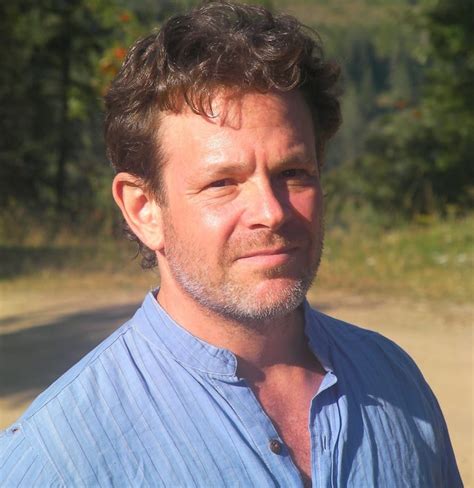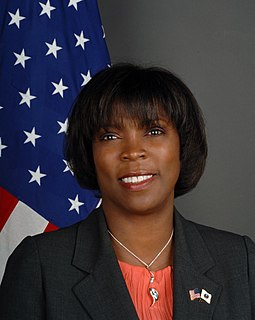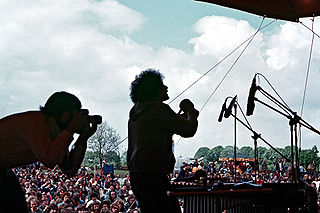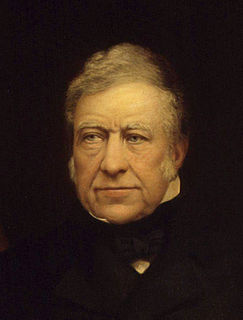A Quote by David Bornstein
Much of the criticism of economic globalization has centered on factory labor abuses. But the majority of the world's poor are not employed in factories; they are self-employed - as peasant farmers, rural peddlers, urban hawkers, and small producers, usually involved in agriculture and small trade in the world's vast "informal" economy .
Related Quotes
Sometimes our definitions fall short. Take, for example, the way we view income and labor. It simply doesn't cover enough of the work that women, and in particular poor women, are doing - especially in their own households and the vast 'informal' economy in which most of the world's poorest people work.
Poor children live in a particularly dangerous world--an urban world of broken stair railings, of busy streets serving as playgrounds, of lead paint, rats and rat poisons, or a rural world where families do not enjoy the minimal levels of public health accepted as standard for nearly a century. Whether in city or country, this is a world where cavities go unfilled and ear infections threatening permanent deafness go untreated. It is world where even a small child learns to be ashamed of the way he or she lives.
In Globalization 1.0, which began around 1492, the world went from size large to size medium. In Globalization 2.0, the era that introduced us to multinational companies, it went from size medium to size small. And then around 2000 came Globalization 3.0, in which the world went from being small to tiny.
An environmentalist can oppose factory farming because it's reckless stewardship. A conservative can oppose factory farming because it is destructive to small farmers and to the decent ethic of husbandry those farmers live by. A religious person can oppose factory farming because it is degrading to both man and animal - an offense to God.
The vast majority of Americans are employed in service sector industries, and many of those sectors are highly internationalized. The most high-value added sectors, notably the tech sector, is massively globalized. And, for them, it would be a disaster if America's trade policy was to go down a spiraling route towards protectionism.

































